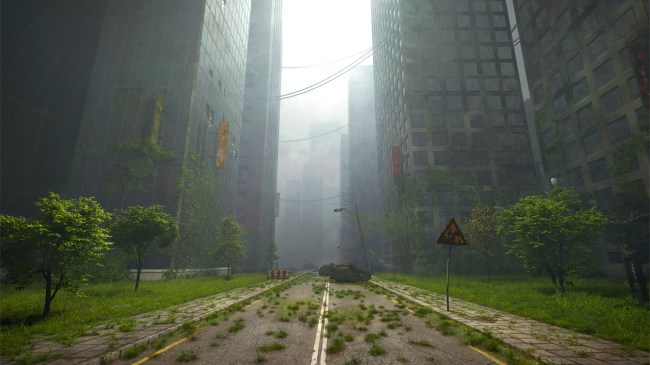iStockphoto
The number of times that people have predicted the end of the world, and been wrong, is innumerable. However, people who have predicted how the world will end, well, so far they haven’t missed.
That’s, obviously, because there is no way for any of us to know if they are correct or not because the world would have to actually end for us to know. And, naturally, if that were to happen then we wouldn’t be around to congratulate them on their spot-on prediction.
A few years ago prior to his death, the genius mind of Stephen Hawking predicted the universe would end by just fading to darkness as the stars run out of energy. Then again, he also once predicted that Earth would turn into a giant ball of fire by the year 2600.
Now, a new study claims the end of the world will come after something scientists are calling the “long freeze.”
In their scenario, a hypothetical form of dark energy called holographic dark energy is the culprit. Dark energy is the force believed to cause the constant expansion of our universe.
The scientists theorize in their study that our universe is actually two-dimensional, but quantum forces on that 2D surface give us the structure of three-dimensional space and the illusion of gravity (gravity is actually a hologram).
According to their research, at some point in time holographic dark energy will slow its expansion of the universe, decreasing until the universe is as big as it is ever going to get.
“But as the universe’s expansion slows down, the density of holographic dark energy dwindles along with it,” Paul M. Sutter, a research professor in astrophysics at SUNY Stony Brook University and the Flatiron Institute, explained for Live Science. “And since the density of matter also shrinks as the universe expands, the universe grinds to a halt. The researchers dub this scenario ‘the long freeze,’ in contrast to other commonly known fates of the universe like the ‘Big Freeze’ (the accelerated expansion continues unabated) and the ‘Big Crunch’ (something causes the universe to contract back toward the Big Bang).
“The long freeze isn’t a rosy scenario. While the universe’s expansion will eventually stop, there won’t be any new sources of energy for all the matter inside of it. This means that eventually all the stars will wink out and decay, and all the subatomic particles will drift away from each other in the cold.”
So there we go. Now we just have to figure out when this will happen. Not that there is anything we can do to stop it. It would just be good to know, right?

